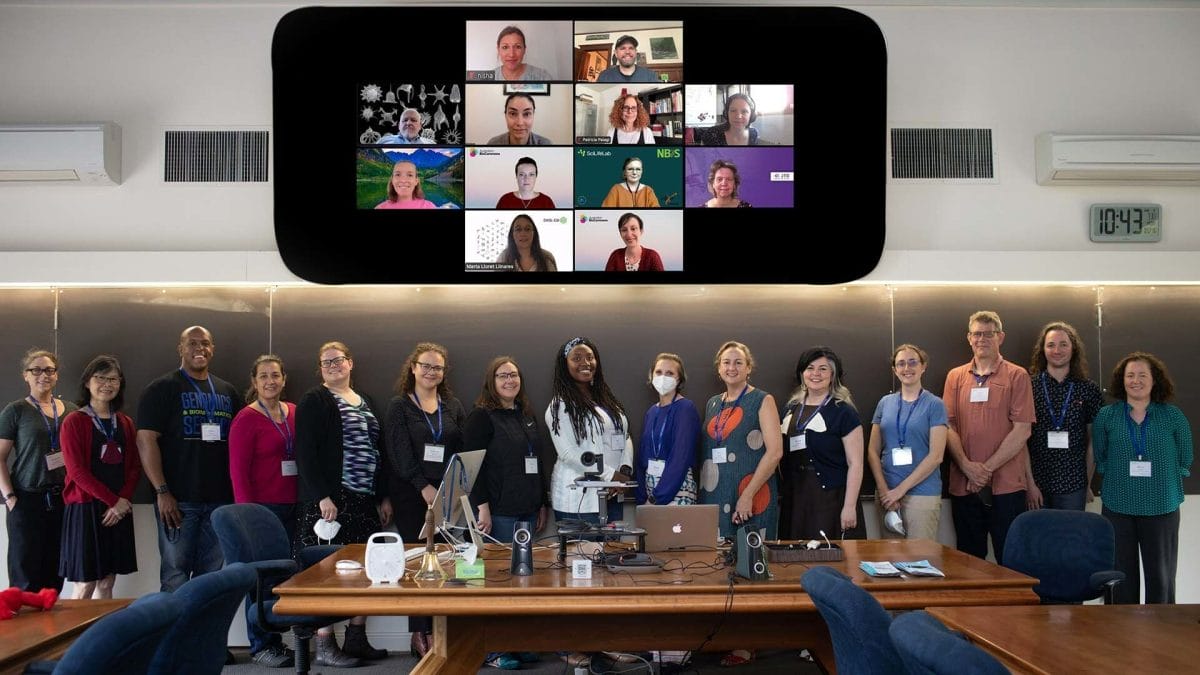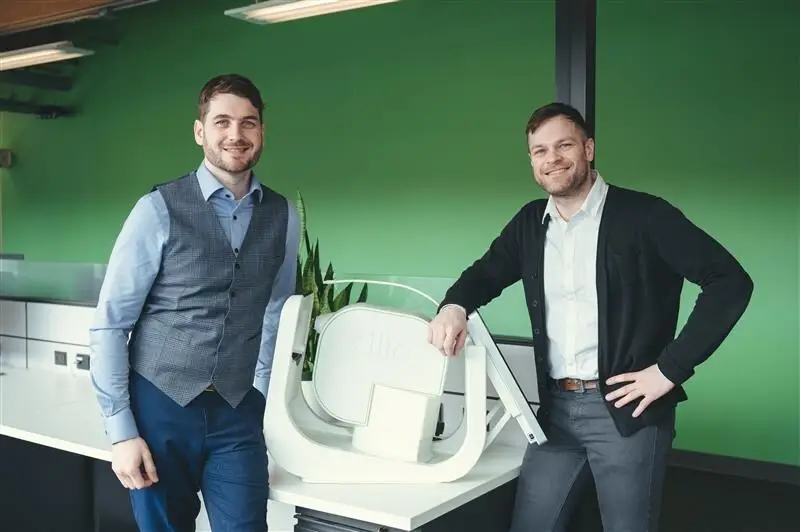Success in science, technology, engineering, and mathematics (STEM) demands keeping up with the latest tools and techniques. The AI boom, for example, has made coding and data management skills integral. But going back to school isn’t an option for most scientists. Short training programs like webinars and boot camps have become a popular alternative among busy STEM professionals. However, these formats can have significant shortcomings. There’s often no guarantee attendees will leave with the skills needed to advance their careers. And they can be exclusionary, preventing learners of all abilities and circumstances from benefiting equally.
We’ve all had horrible teachers,” recalls Jason Williams. Williams is Assistant Director of Diversity and Research Readiness at the Cold Spring Harbor Laboratory (CSHL) DNA Learning Center. “There have been efforts to improve science education at the undergraduate level for decades. But there’s basically no effort to improve education once you’ve graduated. It’s just assumed you’ll somehow keep up.”
To tackle this problem, Williams and collaborators have created a new teaching framework called the “Bicycle Principles.” It aims to make short STEM training effective, inclusive, and scalable. The principles originated from a meeting at CSHL’s Banbury Center think tank. Williams and co-organizer Rochelle Tractenberg recruited the world’s leading experts in short-format education. They identified the field’s biggest issues and ways to address them.
The group came up with two sets of principles linked like bicycle wheels. One wheel, Core Principles, focuses on effectiveness and inclusivity. Recommendations here include setting clear objectives participants of all abilities can achieve. The other wheel, Community Principles, revolves around reach, accessibility, and sustainability. It recommends making training adaptable for different institutions, especially those lacking the resources of large universities.
Williams says the Banbury meeting and the guidelines it inspired are the first of their kind. He hopes they won’t be the last. Williams explains:
“If we can raise awareness, we can start doing something about it. Our goal was to put the first flag in the ground to say, ‘Here are the key problems scientists face in professional development. And here are some potential solutions.'”
Such improvements could help researchers achieve their career goals and increase the impact of their work—familiar objectives for Williams and CSHL. The institution supports a number of science career paths through its education initiatives. These begin as early as grade school via the DNA Learning Center. And they continue throughout a scientist’s career, with CSHL’s Meetings & Courses Program.
After all, learning is a journey. The Bicycle Principles can make the trip more successful for all.


